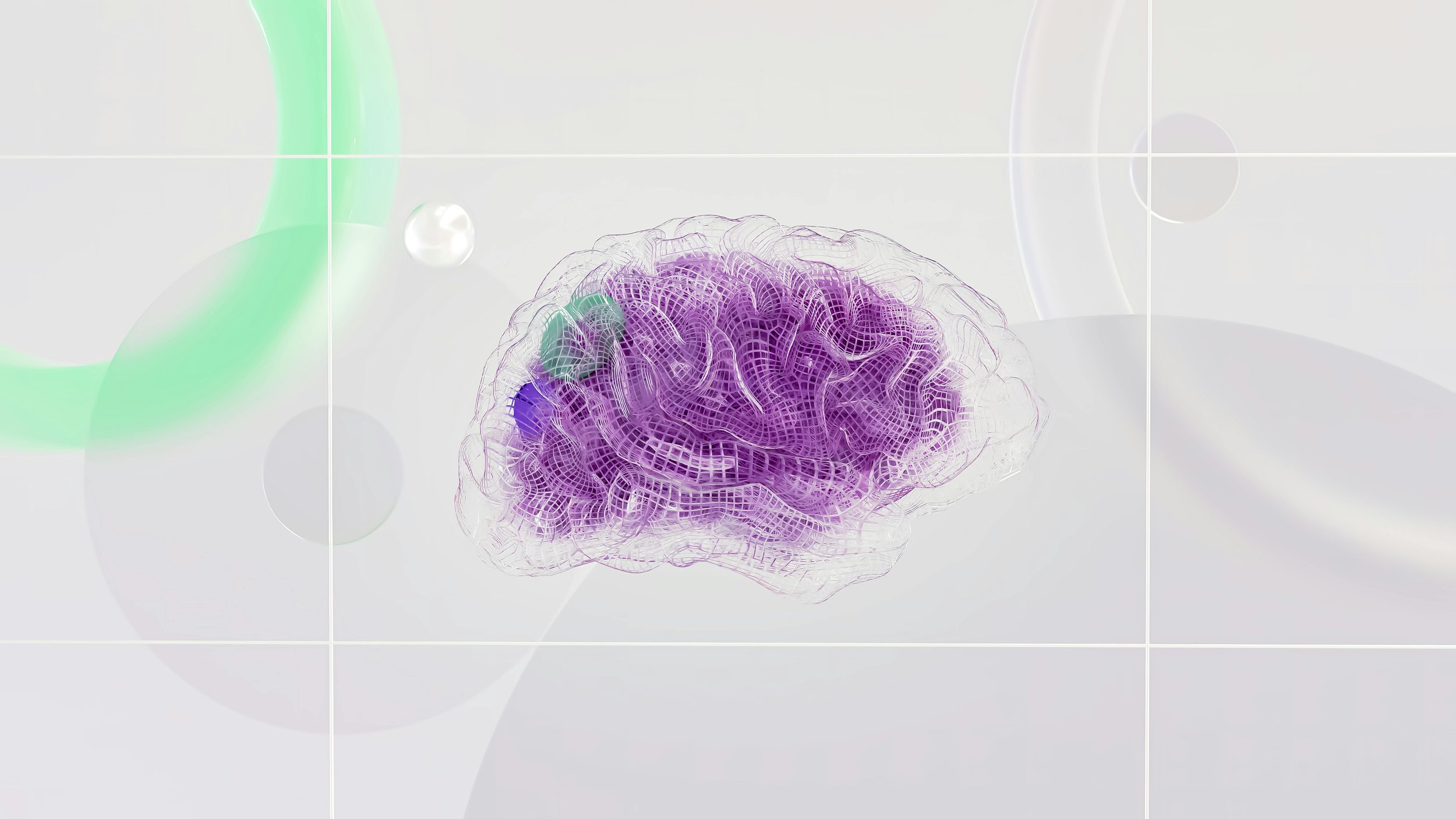Cognitive Behavioural Therapy (CBT) for OCD: Insights from a Hawthorn Psychologist
Cognitive Behavioural Therapy (CBT) for OCD: Insights from a Hawthorn Psychologist
Obsessive-Compulsive Disorder (OCD) is a challenging mental health condition that can significantly impact individuals' daily lives. However, Cognitive Behavioural Therapy (CBT) has emerged as a highly effective treatment for OCD. In this article, we will explore the effectiveness of CBT in treating OCD, providing insights from a Hawthorn psychologist experienced in delivering CBT for OCD.
Understanding OCD and CBT
Cognitive Behaviour Therapy for Obsessive-Compulsive Disorder
Cognitive Behavioral Therapy (CBT) for Obsessive-Compulsive Disorder (OCD) focuses on modifying dysfunctional thoughts, patterns, and behaviours, including exposure to response prevention (ERP) to reduce anxiety and decrease the need for compulsive rituals. The therapy is based on the idea that repeatedly pairing an activity with an unpleasant experience will lead to its extinction. Research has shown that CBT has been effective in treating OCD. For example, a 2-year follow-up study has indicated that three-quarters of the patients showed significant improvement in OCD symptoms after receiving CBT treatment.
Effectiveness of CBT for OCD
Research has consistently demonstrated the efficacy of Cognitive Behavioral Therapy (CBT) in treating Obsessive-Compulsive Disorder (OCD). A systematic review highlighted that CBT can restructure and transform the neurobiological component of OCD, in addition to reducing clinical symptoms.
Furthermore, CBT has been identified as the treatment of choice for OCD, with high efficacy rates in decreasing symptoms and improving patients' quality of life. The effectiveness of CBT for OCD has been observed across primary OCD measures, remission, and secondary depression measures, with outcomes comparable to or better than other treatments. These findings underscore the established effectiveness of CBT in addressing OCD, offering hope and a path to recovery for individuals experiencing this challenging mental health condition.
The Role of CBT in Neurobiological Restructuring
Neurobiological component for OCD
Cognitive Behavioral Therapy (CBT) has been found to restructure and modify the neurobiological component of Obsessive-Compulsive Disorder (OCD), in addition to addressing clinical symptoms. This comprehensive impact of CBT underscores its significance in treating OCD, encompassing both psychological and neurobiological aspects.
The therapy aims to weaken connections between distressing sensations and objects, situations, or thoughts, as well as between ritualistic behaviour and decreasing distress. Furthermore, CBT helps to challenge and restructure the beliefs and ideas that are commonly present in OCD, such as the belief that avoiding or ritualising is necessary to prevent harm. With success in cognitive challenging and/or restructuring, therapy like CBT aims to help clients manage these thoughts more effectively, with the goal of reducing distress and unhelpful rituals.
The Transformative Impact of CBT for OCD
In conclusion, CBT stands as an evidence-based and effective treatment of OCD, offering individuals a path to recovery and improved quality of life. The efficacy of CBT in restructuring both the clinical and neurobiological components of OCD underscores its significance as a leading therapeutic approach.
If you or someone you know is dealing with OCD, consider reaching out to our team of psychologists in Hawthorn. If you are unsure, contact our friendly team at Inner Eastern Psychology to explore your needs and to understand how we can help.


